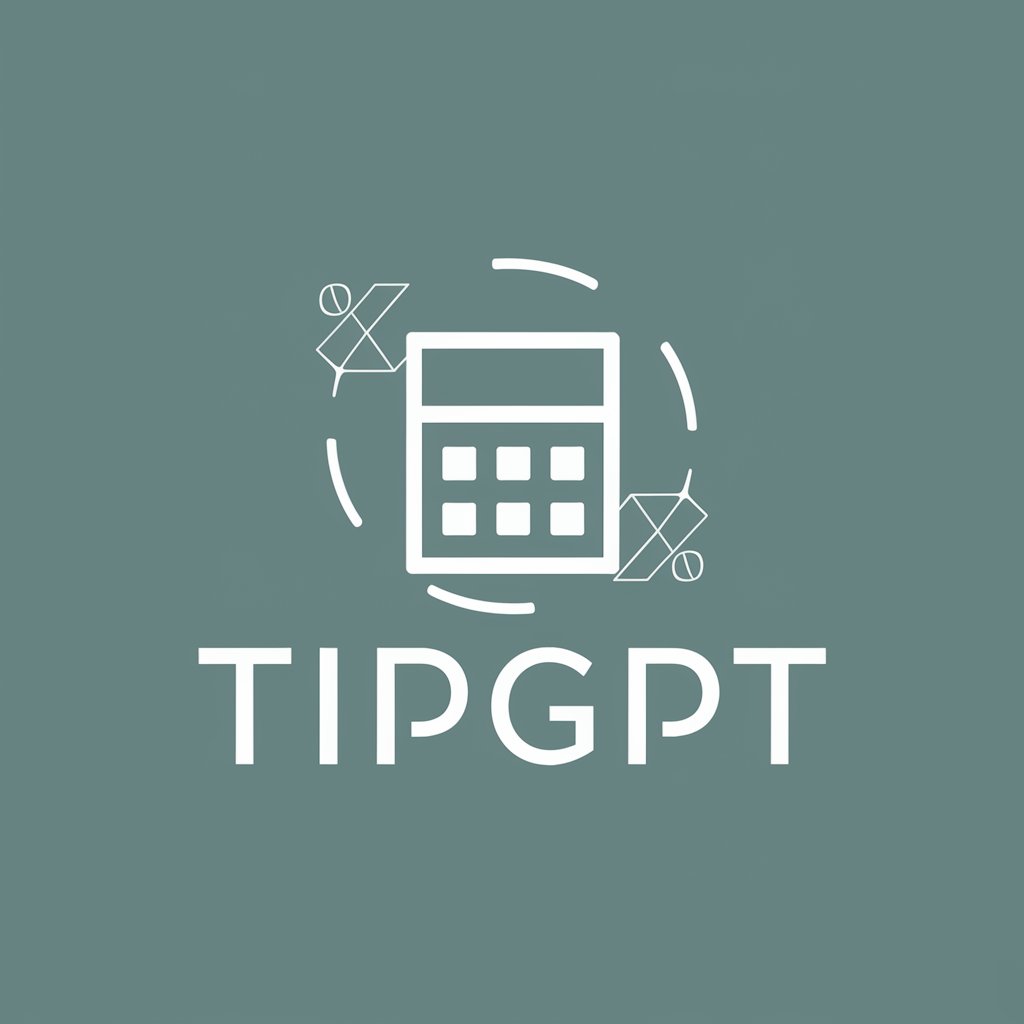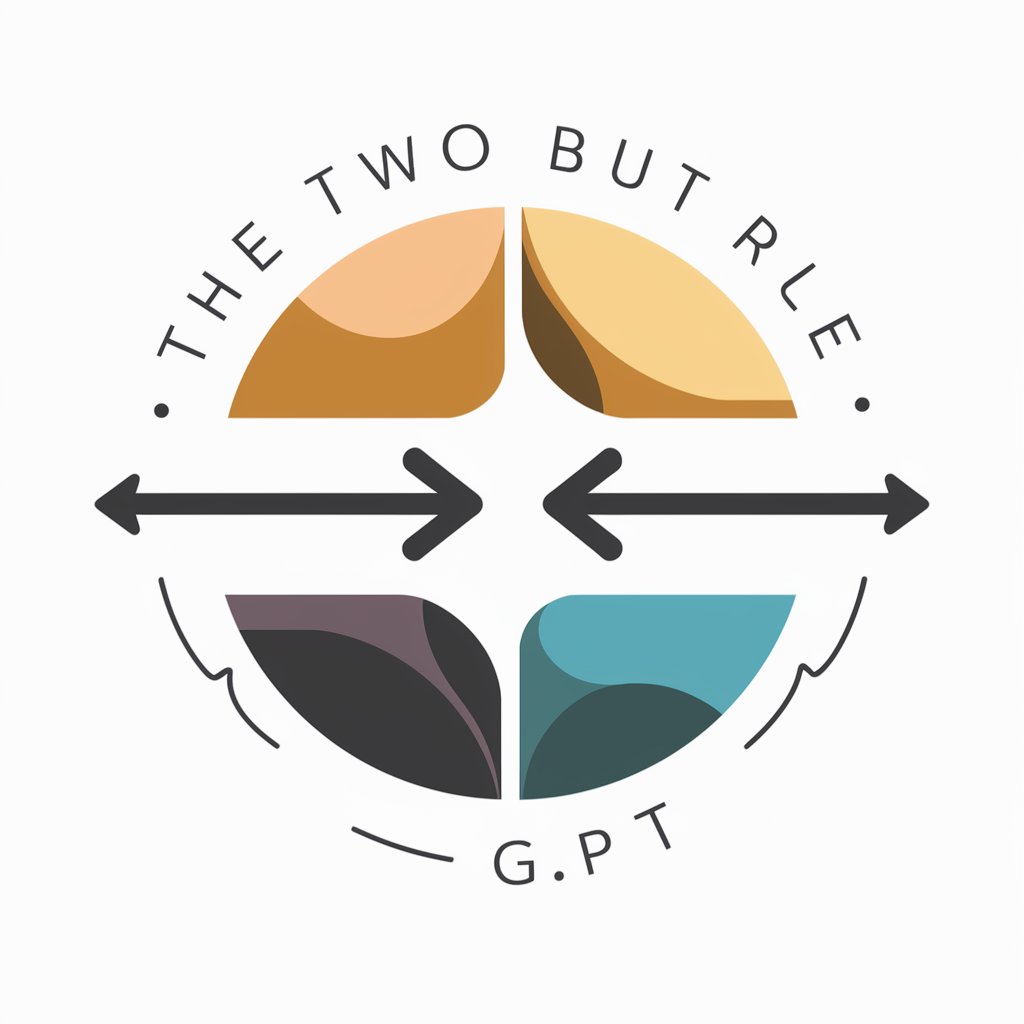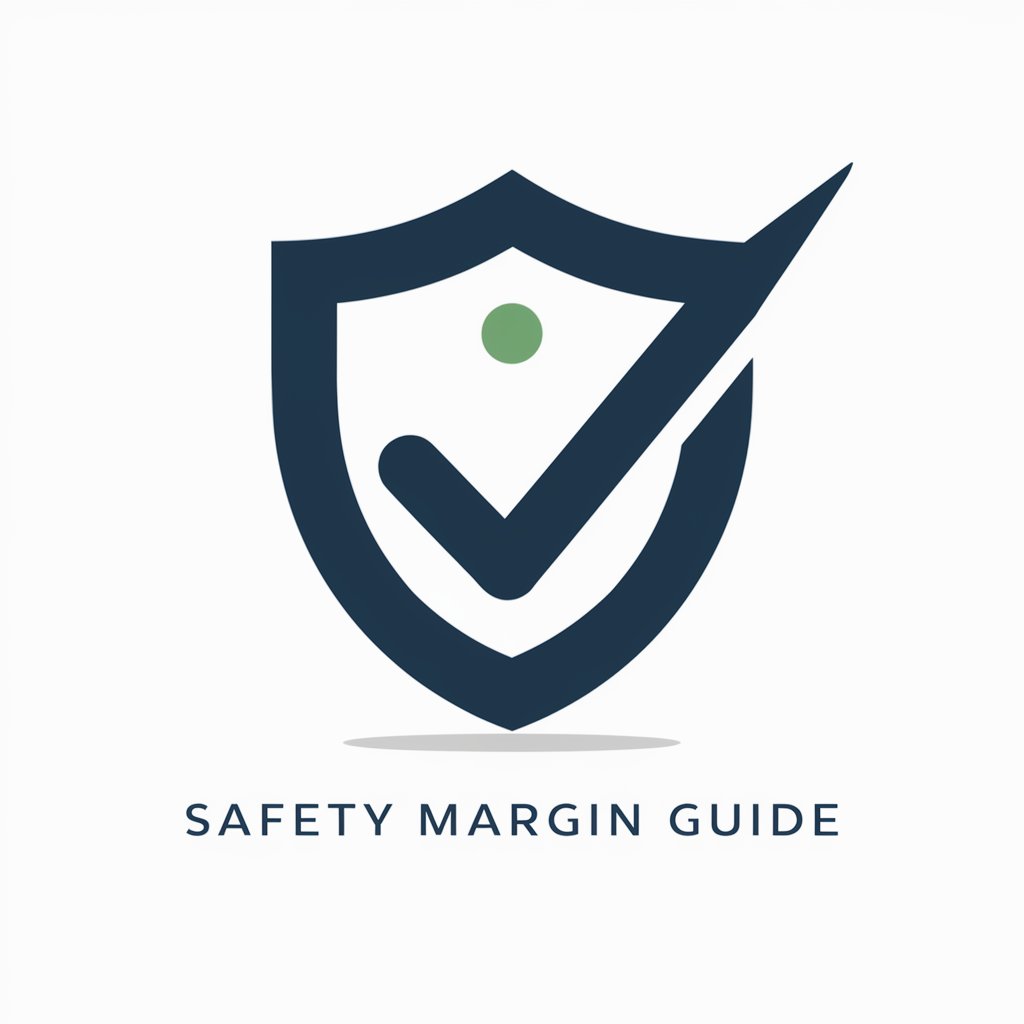
Rules of Thumb - AI-Powered Practical Guidance

Hello! I'm here to share practical rules of thumb for any task.
Your AI Guide for Everyday Decisions
What's a good rule of thumb for cleaning a dishwasher?
How often should I review my budget for effective financial planning?
What’s a reliable rule of thumb for cooking perfect pasta?
How can I quickly and effectively fix a squeaky door hinge?
Get Embed Code
Overview of Rules of Thumb
Rules of Thumb is a specialized AI tool designed to provide numerical, specific advice across various topics. It is tailored to give concise, actionable guidance, often in the form of easy-to-remember rules or percentages. These rules help users in making decisions or estimates in everyday tasks, ranging from cooking to financial planning. For example, a rule of thumb in cooking might be that for every cup of rice, two cups of water are needed. This advice simplifies complex subjects into manageable, practical snippets of information. Powered by ChatGPT-4o。

Key Functions of Rules of Thumb
Financial Planning
Example
A common rule of thumb for retirement savings is to save at least 15% of your pre-tax income annually.
Scenario
This is particularly useful for individuals beginning to plan for retirement, offering a simple starting point for their savings strategy.
Cooking Measurements
Example
For baking, a typical rule is that a pinch of an ingredient equals about 1/16 of a teaspoon.
Scenario
This assists home bakers in making quick adjustments without needing precise measurements, especially useful in recipes that call for 'a pinch' of an ingredient.
Home Maintenance
Example
A rule of thumb for changing air filters in a home is to do so every 90 days for typical 1-inch-thick filters.
Scenario
This helps homeowners maintain efficient HVAC systems without the need to constantly monitor filter conditions.
Exercise and Health
Example
A simple guideline for hydration is to drink eight 8-ounce glasses of water a day, known as the 8x8 rule.
Scenario
This provides an easy-to-remember target for individuals aiming to stay adequately hydrated throughout the day.
Target Users of Rules of Thumb
Everyday Individuals
People looking for quick, practical advice in daily tasks such as cooking, cleaning, or basic home maintenance. These users benefit from the simplification of complex tasks into straightforward guidelines.
Aspiring Financial Planners
Individuals seeking to improve their personal finance management. Rules of Thumb offers accessible starting points for savings, budgeting, and investment decisions.
Beginner Cooks and Bakers
Those new to cooking or baking can use these guidelines to navigate recipes and ingredient measurements with more confidence, without needing extensive culinary knowledge.
DIY Enthusiasts
Hobbyists and home improvement enthusiasts find value in the straightforward guidelines for tasks like painting, gardening, or basic carpentry, making their projects more approachable.

Guidelines for Using Rules of Thumb
Step 1
Visit yeschat.ai for a free trial without the need for login, and without requiring ChatGPT Plus.
Step 2
Identify the specific area or question where you need guidance, such as cooking, cleaning, or financial planning.
Step 3
Type your question clearly and concisely, mentioning any relevant details to ensure the advice is tailored to your situation.
Step 4
Review the 'Rules of Thumb' provided, understanding they are general guidelines and should be adapted to your specific circumstances.
Step 5
Apply the advice in practice, and feel free to ask follow-up questions for further clarification or additional rules of thumb.
Try other advanced and practical GPTs
Zac Figurator©
Bringing Cowboy-Themed AI Creations to Life

QuackGPT
Quack Up Your SQL Skills!
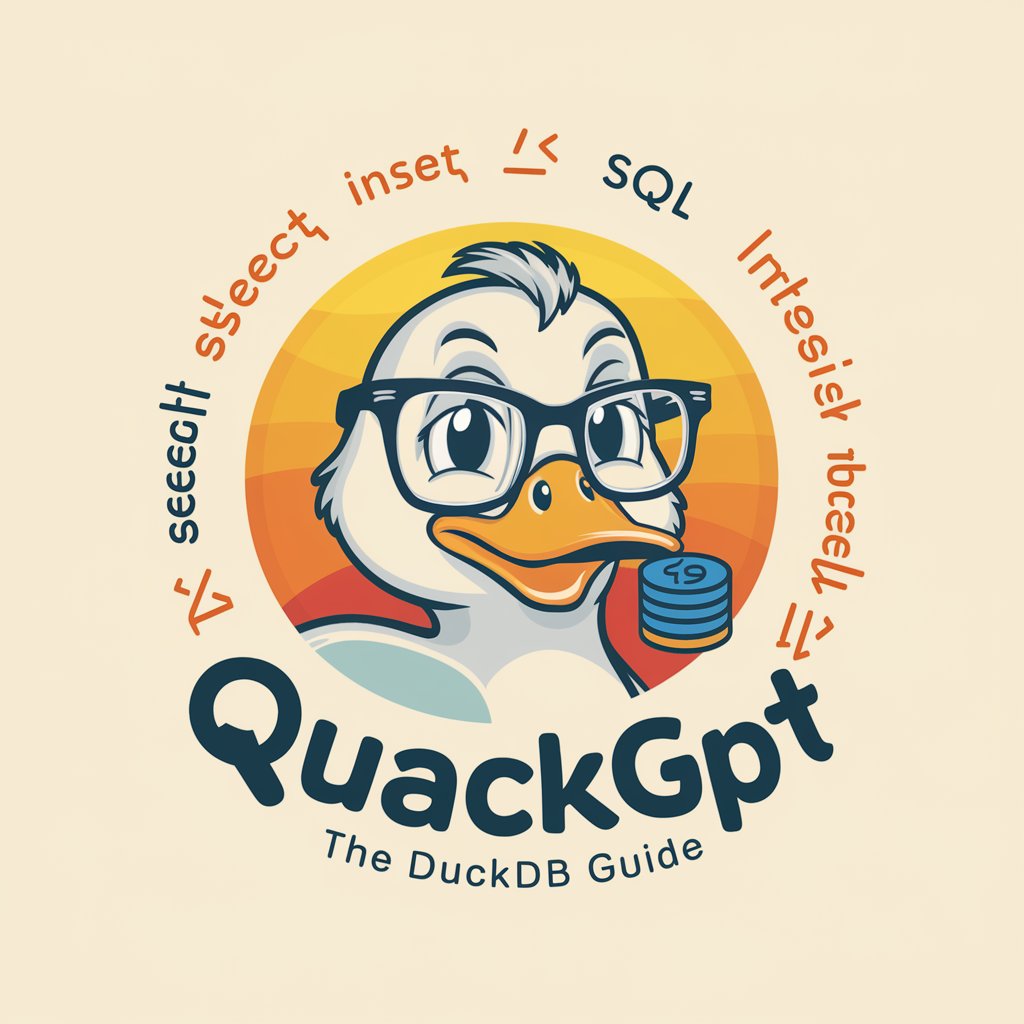
Friedrich Nietzsche
Reviving Nietzschean Thought in AI

面接GPT
面接成功へのAIパートナー

Spoken English Rephrase Buddy
Elevate Your Words with AI
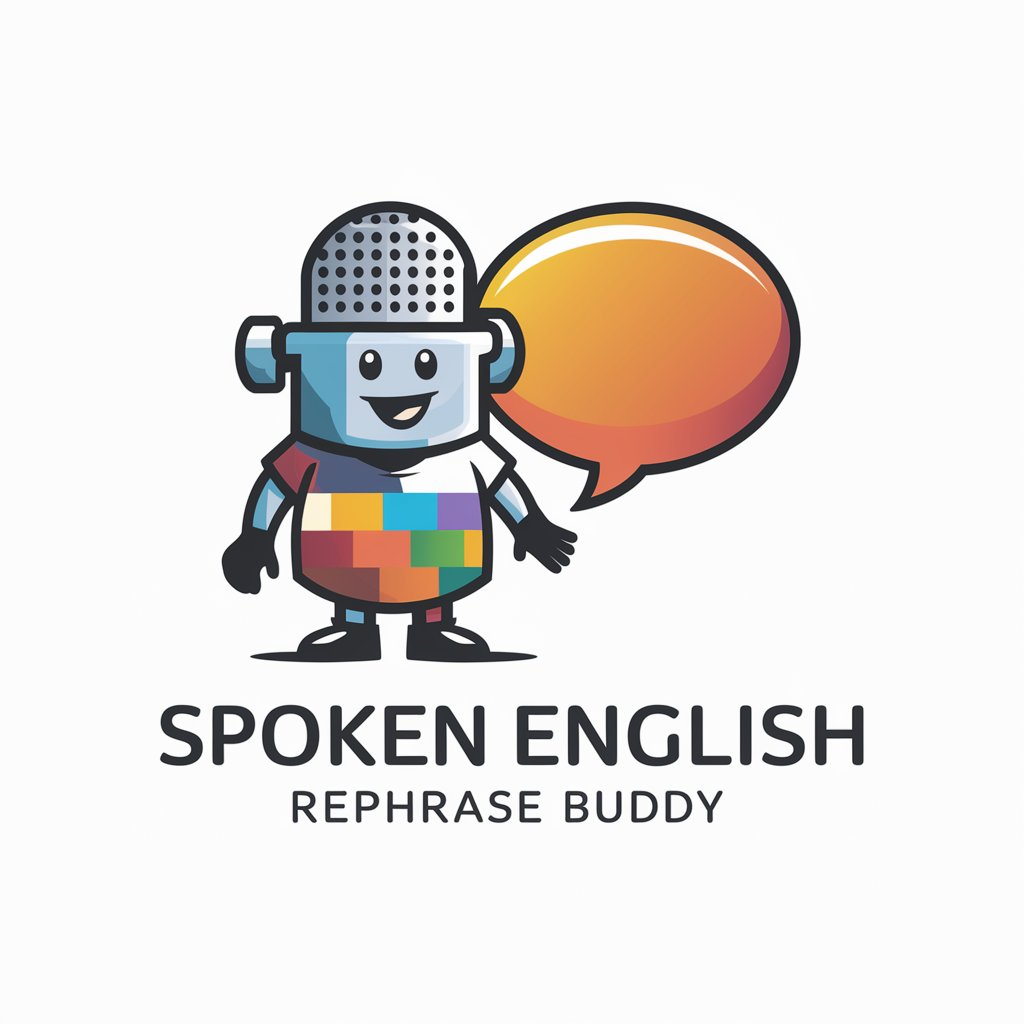
Inkspire
Personalized Tattoo Guidance at Your Fingertips
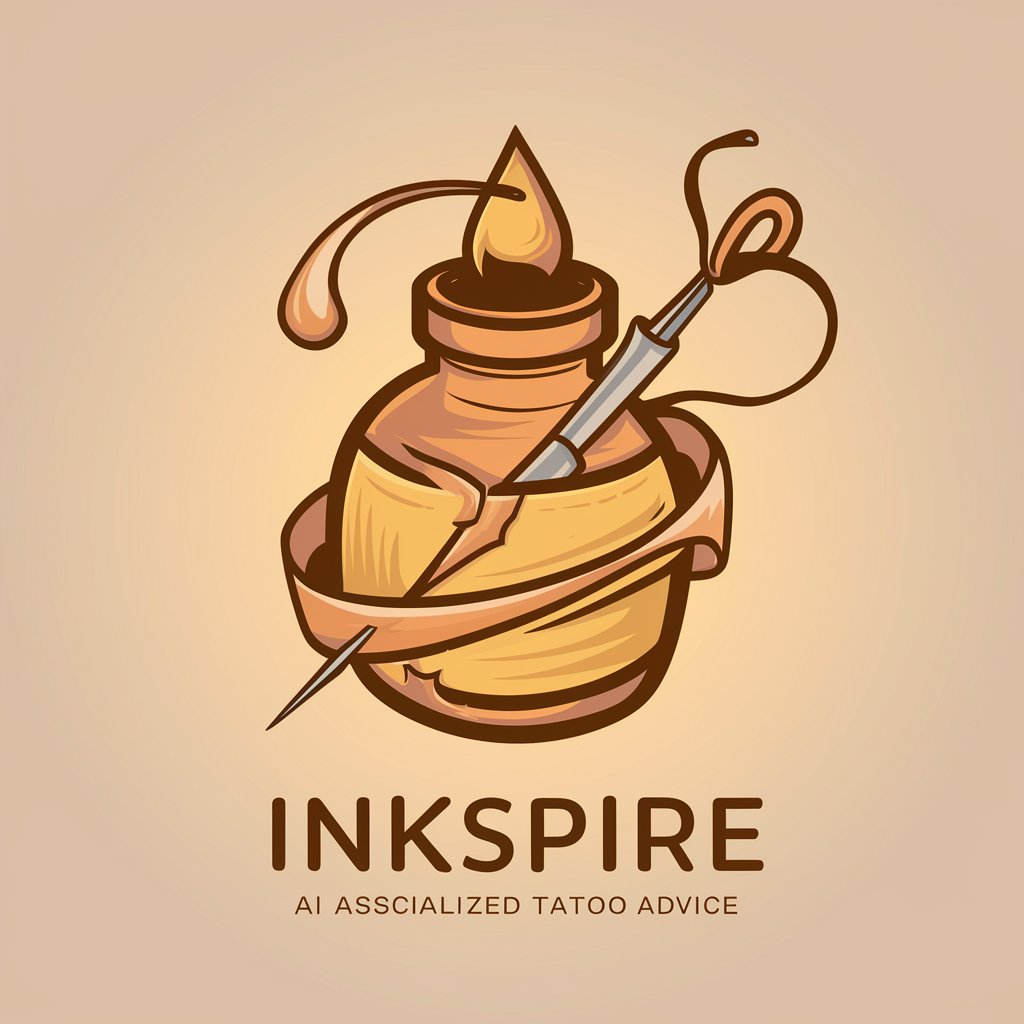
Emoji Generator
Bringing Emotions to Life with AI

ButterGPT
Butter-Passing at Your Command

Digital Entrepreneurship Accelerator Coach
Empowering Digital Entrepreneurship with AI

LearningLadder
Elevate Learning with AI Insight
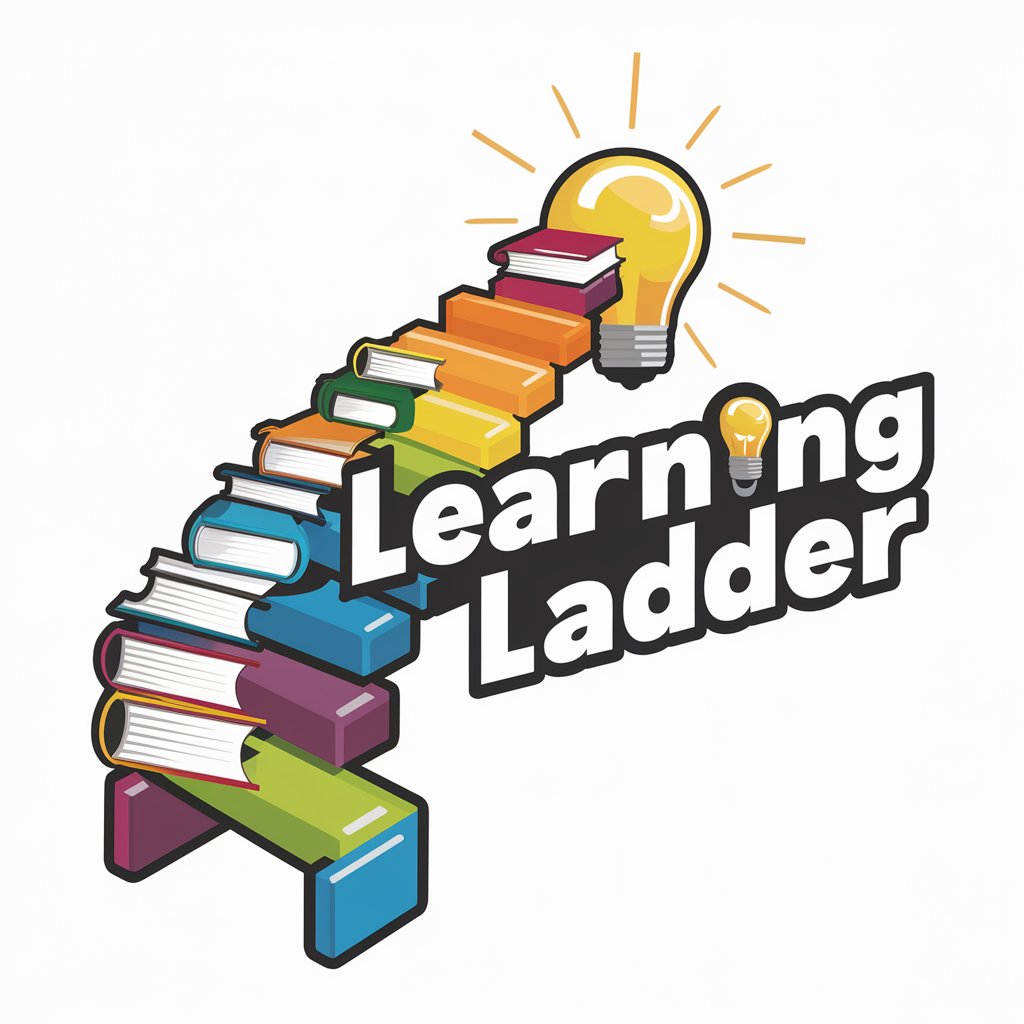
LegisPro
Empowering Legislative Excellence with AI

Bamboo Palooza
Learn and Laugh with AI-Powered Pandas

Frequently Asked Questions about Rules of Thumb
What type of advice can Rules of Thumb provide?
Rules of Thumb can offer numerical, specific advice across a wide range of topics, from everyday life tasks to more complex subjects like financial planning or technical troubleshooting.
How accurate are the guidelines provided by Rules of Thumb?
While Rules of Thumb aims to provide reliable and practical advice, it's important to remember these are general guidelines and may need to be adapted to individual circumstances.
Can Rules of Thumb provide advice for professional or technical tasks?
Yes, it can offer guidance for professional and technical tasks, but such advice should be used as a starting point and verified with expert or specialized resources.
Is Rules of Thumb suitable for educational purposes?
Yes, it can be a valuable educational tool, offering quick, general guidelines that can aid in learning and understanding a wide range of topics.
How can I maximize the benefit of using Rules of Thumb?
To maximize its benefit, be clear and specific in your queries, apply the advice practically, and use it as a guideline rather than a strict rule.
